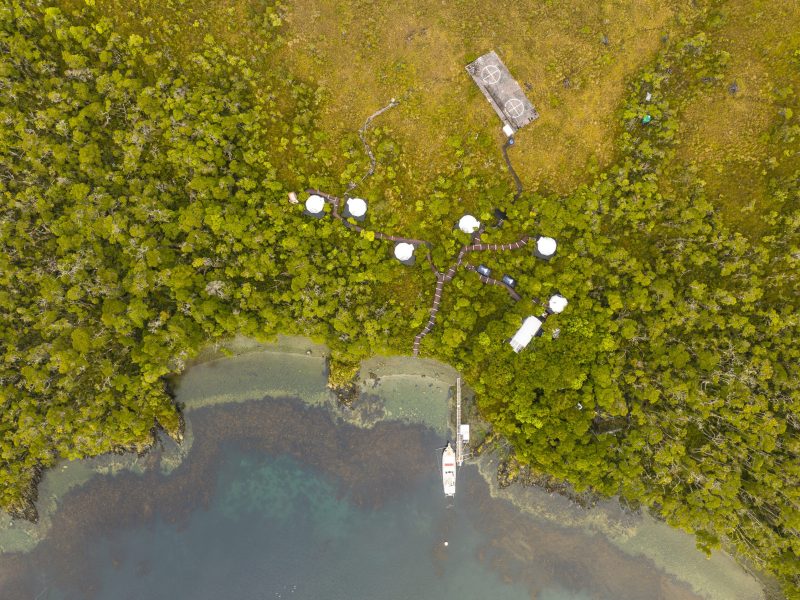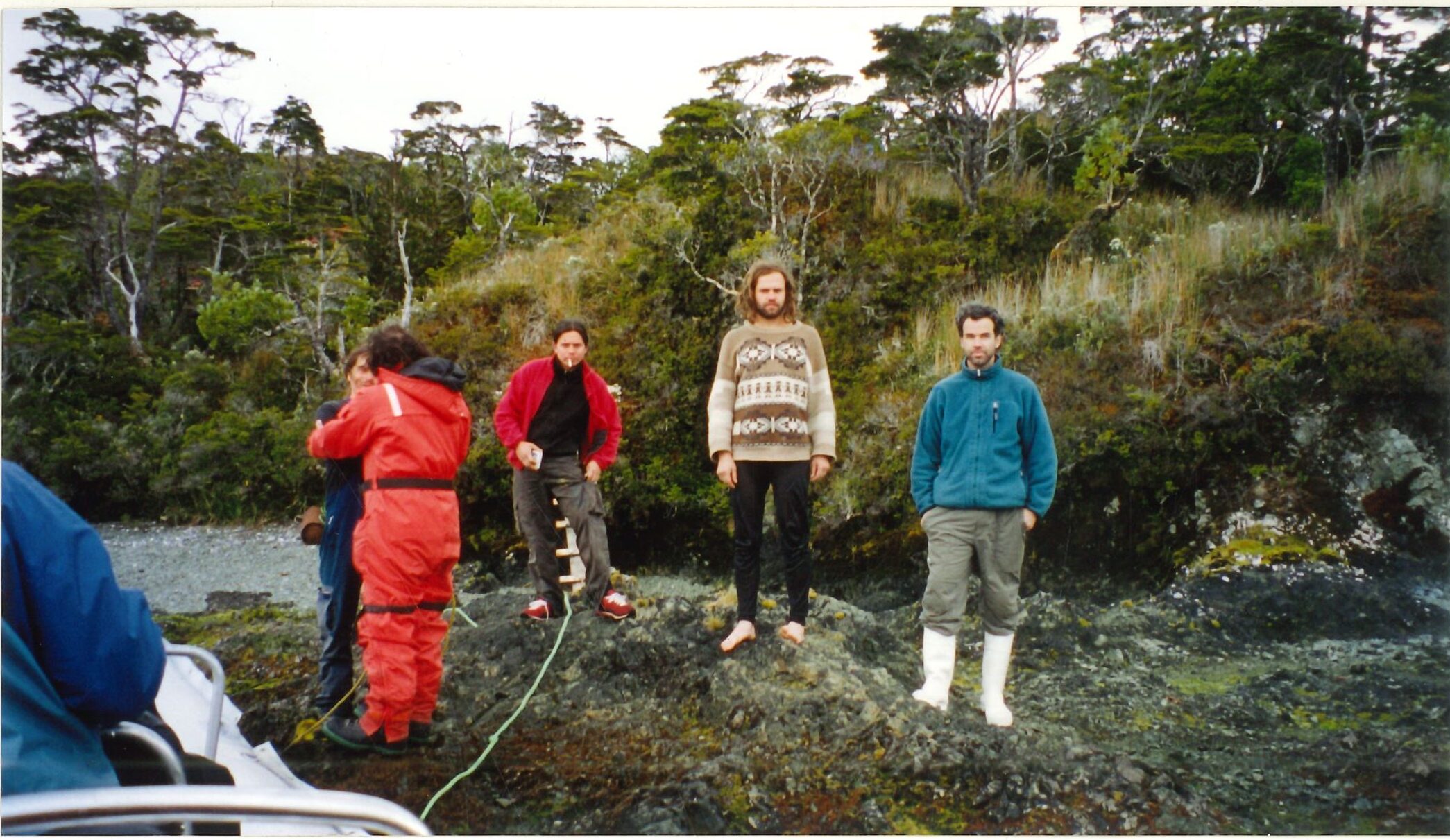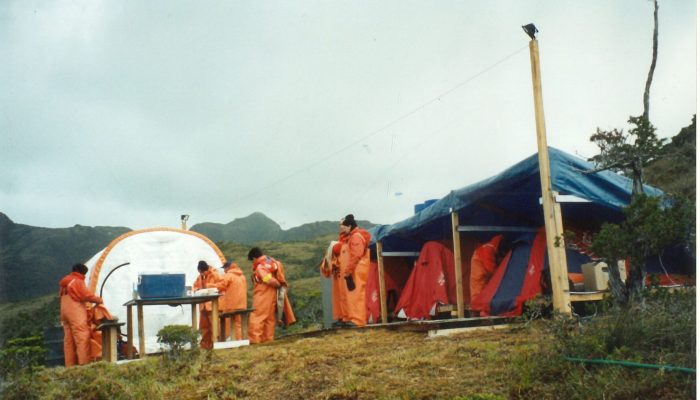Does satellite tracking affect humpback whales? A study in the Strait of Magellan reveals this.
- Published: 2017
- Authors: HM Guzmán (Smithsonian), JJ Capella (Whalesound)
- Download the full study here
Study summary
Between 2009 and 2013, seven humpback whales were monitored using satellite tracking devices in the Francisco Coloane Marine Protected Area in the Strait of Magellan. The objective was to evaluate whether this technology affected their behavior, health, and short-term reproduction.
What was observed?
There were no abrupt changes in behavior after the tags were placed.
All the whales returned in subsequent years, demonstrating loyalty to the area.
The wounds healed completely in less than two years.
A female had two offspring after the procedure, confirming that her reproductive capacity was not affected.
Conclusion
Satellite tagging, carried out with ethical protocols and appropriate equipment, does not negatively affect whales in the short term. These results are key to balancing scientific research and animal welfare.
Thanks to this research, we now know more about:
- The migratory routes of whales in the Southeast Pacific.
- Their feeding patterns in Patagonia. And how they interact with human activities in their habitat.
















